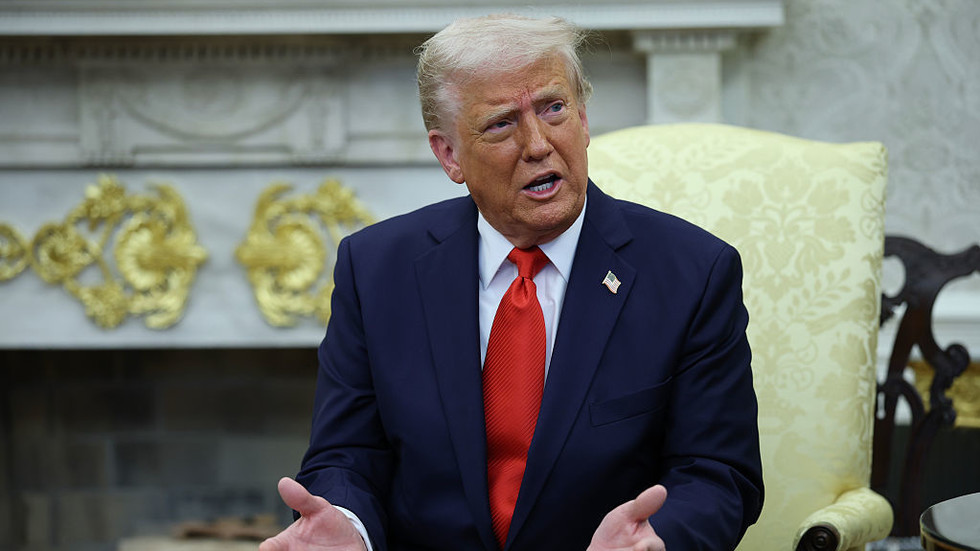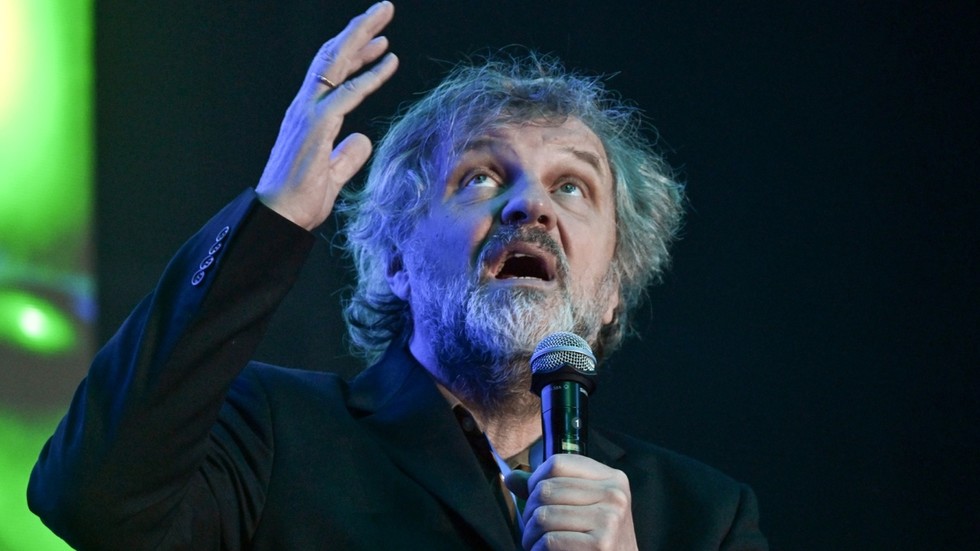Russia’s Supreme Court lifted the ban on Afghanistan’s ruling Taliban, a group that had been designated as a terrorist organisation more than two decades ago.
The Islamist militants wrested power from the Ashraf Ghani administration in August 2021 as US and Nato troops were in the final weeks of withdrawing from the country after two decades of war.
Moscow previously called the Nato withdrawal a “failure” and had taken steps to normalise friendly relations with the de facto rulers of Afghanistan.
The Russian court’s ruling on Thursday marked a diplomatic victory for the Taliban, who were put on Moscow’s list of terrorist organisations in 2003, making any contact with them punishable under Russian law.
However, the Supreme Court ruling does not amount to formal recognition of the Taliban authorities.
Taliban delegations have attended various forums hosted by Russia as Moscow has sought to position itself as a regional power broker. In 2024, Russian president, Vladimir Putin, called the Taliban “allies in the fight against terrorism”.
The ruling was prompted by a request from the prosecutor general’s office following last year’s adoption of a law stipulating that the official designation as a “terrorist organisation” could be suspended by a court. Judge Oleg Nefedov announced that the ruling is effective immediately.
The former Soviet Union fought a 10-year war in Afghanistan that ended with Moscow withdrawing its troops in 1989. Russian officials have recently been emphasising the need to engage with the Taliban to help stabilise Afghanistan.
In recent years, the Central Asian nations of Kazakhstan and Kyrgyzstan have removed the Taliban from their lists of terrorist groups.
The Taliban’s promises of a more moderate rule after their 2021 takeover were quickly overshadowed by the reintroduction of strict restrictions on women and girls. Women are banned from most jobs and public spaces, including parks, baths, and gyms, while girls are prohibited from continuing education beyond the sixth grade.
Such measures have isolated the Taliban on the world stage, although their government has established diplomatic ties with countries including China and the United Arab Emirates.
The UN this year renewed its call for the Taliban to lift the bans.
The group’s decrees limiting the participation of girls and women have affected foreign aid to the country. The Taliban have also brought back their strict interpretation of Islamic law, or Shariah, including public executions.
Some members of the Taliban have expressed a desire for greater engagement with the international community and advocate for relaxing harsh policies in order to gain more external support. This has led to increased interaction with the US, particularly under the Trump administration, focused on prisoner exchanges and releases. However, the broader policies of the Taliban, particularly regarding women’s rights, have remained a significant barrier to wider international recognition and support.
Ibraheem Bahiss, a senior analyst with Crisis Group’s Asia Program, said the Taliban’s listing as a terrorist group was a legal impairment for trade and political ties with Kabul and its lifting reflected Moscow’s desire to improve relations.
“However, beyond making it easier for individuals and businesses to engage with Afghanistan, I am not sure what other major benefit this will have,” he said.
South Asia analyst Michael Kugelman said the Russian move was not ground-breaking because many countries had never formally designated the Taliban as a terrorist organisation. At the same time, he called the decision a “win-win” for bilateral relations.
For Russia, he said it would serve as a confidence-building measure, helping pave the way for more engagement and enabling Moscow to better protect its interests in Afghanistan, particularly concerns about anti-Russia terror groups like Islamic State-Khorasan. “Meanwhile, for the Taliban, the court decision is a legitimacy-boosting outcome they can leverage to point to international acceptance of their rule,” Mr Kugelman observed.

 1 day ago
6
1 day ago
6








